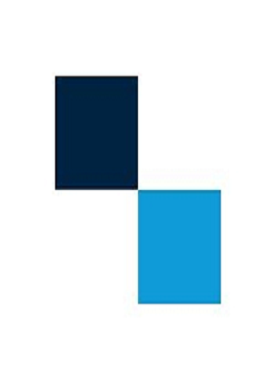How to Make Money with DAO?

In the initial years of the crypto space, decentralized autonomous organization development was only discussed in theory and was simply an exciting trend that market leaders were eager to dive deeper into.
But with the advent of technology and the world realizing the true potential of blockchain, DAO development became the buzzword in the blink of an eye since its launch in the year 2016.
From being an imaginary concept of cryptographers, blockchain coupled with smart contracts eventually unlocked opportunities for DAO blockchain development companies and took the crypto world to the next level.
As per a recent report, there are thousands of DAOs, $10 billion held in treasuries, and 1.7 million governance token holders.
How does a DAO Work?
The DAO market growth is incredible, but how DAO works is an area that not everyone would be aware of!
Well, decentralized autonomous organization in the blockchain is solely based on the concept of smart contracts that help in setting rules from the team of community members. Smart contracts set up the foundation of DAO development solutions and are responsible for how DAOs operate. Being completely verifiable, visible, and publicly auditable, DAOs allow all members to get a complete insight into how DAO operates at every single point.
As the rules are written on the blockchain, the next move is the funding which involves identifying how to bestow governance and receive funding. This is done by token issuance where the protocol sells tokens for raising funds and further fills the DAO treasury.
The token holders are offered numerous voting rights based on their holdings value, in return for their fiat. As the funding gets accomplished, a decentralized autonomous organization in crypto is all set for its deployment.
As the code enters the production phase, no modifications can be made by any means except a consensus approaching via member voting. In simple terms, no authority has got the right to modify DAO rules unless the community of token holders proposes the changes and makes the decision for any protocol alterations.
Part of the elegance of DAO is its bottom-up approach to decision-making which involves no sole authority to make decisions and involves the voting of every member across regular and critical decision-making processes.
DAO is here to combat the challenges faced by individuals in legacy corporations by ensuring complete decentralization, transparency, and next-level security. This model eliminates the bureaucratic and hierarchical hurdles and hands over the power in the user’s hands. Other notable advantages of counting on a decentralized autonomous organization company would include:
No involvement of intermediaries: With DAO, there is no need for regulatory bodies, law practitioners, or any other middlemen to perform transactions. In place of this, DAOs directly carry out these plans through voting and subvert the requirements of banks.
Transparency: Unlike traditional business models that usually keep their operations internally, DAOs work upon a decentralized blockchain that is completely transparent, publicly viewable, and ensures permanently stored transactions.
Meritocracy: Since DAOs work virtually, all the users can work anytime, anywhere, and enjoy full freedom of holding DAO tokens and enjoy voting rights.
Democratization: All the members get to enjoy certain voting rights on protocol moves and changes that ensure more accountability and liberty throughout the decision-making process.
Automation: Human intervention in traditional business models always accompany errors and flaws while DAO rules are embedded codes that involve no manipulation, labor, errors, or discrimination.
